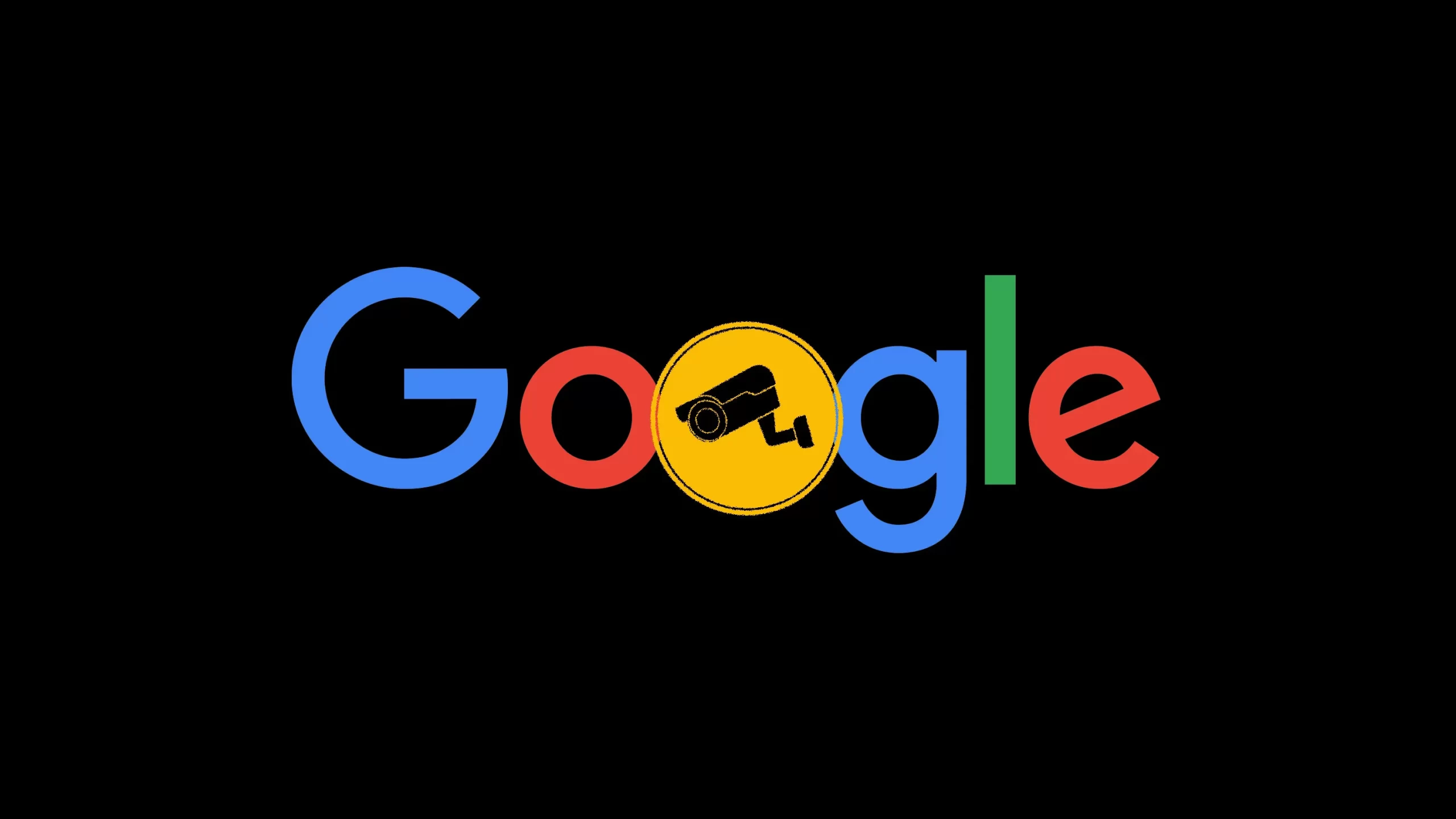In the cloud computing battle among tech titans like Amazon, Microsoft and Google, the latest salvo comes from the internet search giant. Google (GOOG, GOOGL) has unveiled its custom Axion chips based on Arm (ARM) designs to try to reduce costs, boost performance for AI workloads, and cut reliance on outside vendors like Nvidia (NVDA).
The move puts Google in the company of rivals who have rolled out their own in-house processors in recent years. Amazon introduced its Graviton Arm chips in 2018, while Microsoft launched Arm-based chips just last November. Even smaller player Alibaba got into the custom silicon act back in 2021.
The economics have become compelling for the hyperscalers to design their own chips instead of relying on x86 processors from Intel (INTC) and AMD (AMD). Amazon has claimed its Graviton chips can provide up to 40% better price/performance compared to standard x86 instances. Google says its Axion chip offers 30% better performance than the fastest general-purpose Arm cloud VMs and a 50% boost over comparable x86 VMs. The chips also provide around 60% more energy efficiency than x86 instances for certain workloads.
Arm’s instruction set architecture allows for more compact and efficient chip designs compared to the complex x86 architecture. While Arm chips have traditionally been used in smartphones and other mobile devices, the cloud titans are now tapping Arm to power their data center workloads. The parallel computing performance of Arm chips also gives them an edge for AI applications which can leverage massive parallelism.
For Google, the new Axion CPUs are just the latest addition to its in-house chip portfolio. The company has designed its own Tensor Processing Units (TPUs) for years, with the latest Cloud TPU v5P unveiled in December being a powerhouse for AI training and inference. It has partnered with Broadcom (AVGO) to build the TPUs, with Broadcom’s CEO Hock Tan boasting last month that Google had bought “a ton” of chips from them.
Google plans to initially use the Axion CPUs for its internal workloads like the YouTube ads business, BigTable and Spanner databases, and BigQuery analytics before making them available externally. Companies like Snap (SNAP), Datadog, Elastic and OpenX are among the initial customers interested in tapping Google’s Arm silicon.
While Google’s cloud business still lags behind Amazon Web Services and Microsoft Azure, representing just 7.5% cloud infrastructure market share in 2022 compared to 62% for the leaders, every bit of performance and cost advantage helps. Custom Arm chips could give Google Cloud a pricing edge to win over more customers in the relentless cloud wars.
For investors, the Axion chips are worth watching as part of Google’s broader strategy to compete more effectively against Amazon and Microsoft in the rapidly growing cloud computing market. While Google generates over 75% of revenue from advertising currently, cloud is growing faster and is already profitable. Any assets like custom silicon that can help Google grab more cloud market share could pay off for the company and its shareholders over time.
The chip ambitions also have implications for other players in the semiconductor space like Arm, Nvidia, AMD and Intel. As cloud heavyweights increasingly go their own way with custom designs, it potentially limits their future chip demand from traditional providers. Arm could be a bright spot as its instruction set architecture becomes more embedded in data centers. But greater in-house chip efforts cast a cloud over prospects for current data center CPU vendors.



